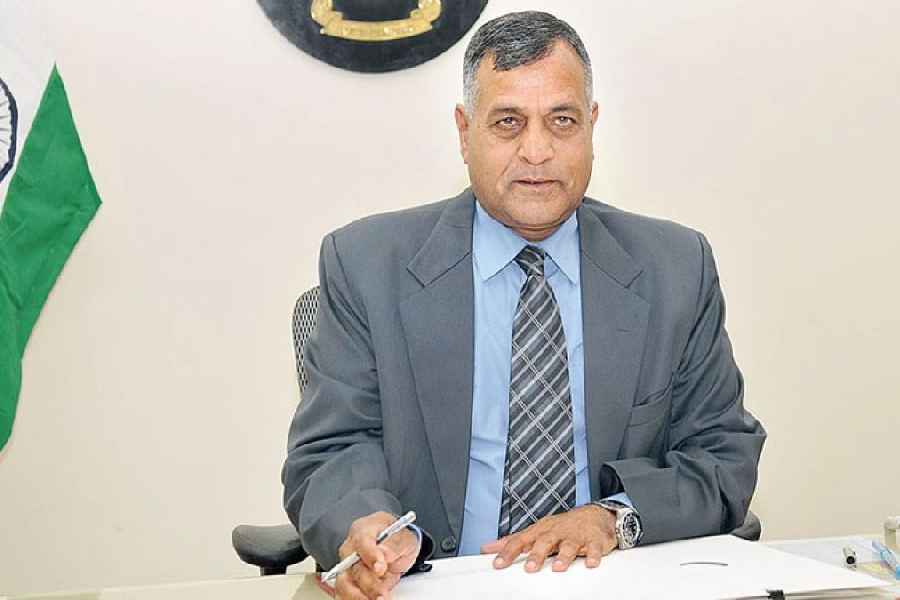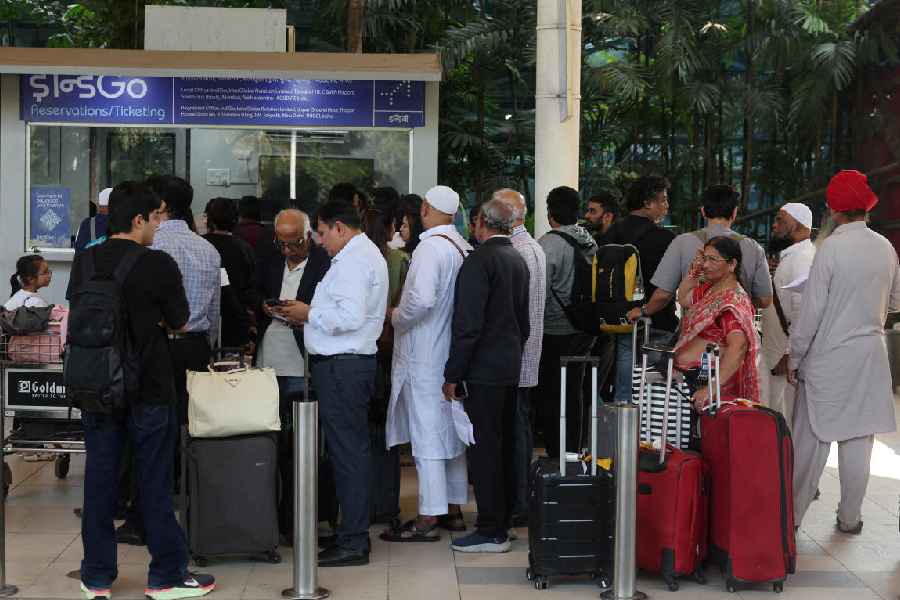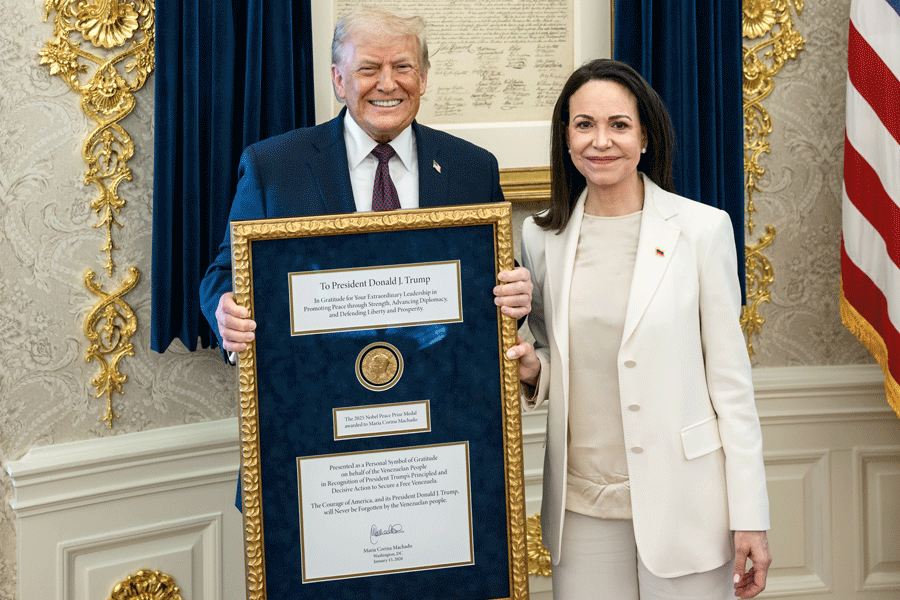 |
| (Clockwise from top): S.M. Govindarajan; employees at a call centre; J. Ramesh |
Two months before his annual appraisal was due, J. Ramesh began planning on how he would spend his extra income. Ramesh, a customer support officer, had been working with Excell Outsourcing Services, a Chennai-based business process outsourcing (BPO) company, for two years and was due for a promotion and a raise. “I was in line to become a team leader,” says Ramesh.
When the appraisal letters arrived in May this year, Ramesh had to redo his expense list. The promotion had gone to Ramesh’s junior.
Ramesh decided to get to the bottom of the shake-up. “I tried to meet the managing director and human resources (HR) head. But they were always either in meetings or out of office,” he recalls.
In June this year, Excell signed a collective bargaining agreement (CBA) with the Union for Information Technology & Enabled Services Professionals (UNITES), a trade union for IT & enabled services professionals. Ramesh lodged a complaint pronto. “The union promised to take up my case,” says Ramesh. But five months down, UNITES is still to take action on the case.
S.M. Govindarajan, director, UNITES, Chennai, admits that the union is on a back foot while dealing with the Excell management. “The company is expecting two big business contracts. It wants the CBA to maintain a low profile till then,” he says.
Why then did the Excell management take on a union? Most information technology or BPO firms don’t have unions. The Excell management declined to discuss the matter, but J.S.R. Prasad, national director, Union Network International (UNI), a global network of 900 service sector unions, says Excell signed the CBA to counter attrition in the company. “There was no communication between the management and employees. Unites was called in to bridge the gap,” he says.
So despite a shaky start, trade unionism is making inroads into India’s IT and BPO industries — as two trade union heavyweights prepare to raise the labour-rights flag over the technology industry. Last month, the Centre of Indian Trade Unions (CITU) launched a trade union arm for the software industry — the West Bengal Information Technology Services Association (WBITSA). “IT workers are not governed by labour laws. It’s time that an industry, which contributes more than 4.5 per cent to the country’s national economic output, has trade unions to protect workers’ rights,” says Shyamal Chakraborty, president, CITU, West Bengal.
Meanwhile, UNITES — which was set up in 2004 — is seeking affiliation with the Indian National Trade Union Congress (INTUC). The political patronage will give the 8,000-member-strong union some teeth, says Karthik Shekhar, general secretary, UNITES. “Our member base is small. We won’t survive as an independent union,” he explains.
But political affiliations don’t swing votes in BPO board rooms. “UNITES will not be accepted by the industry if it carries a trade union tag,” says M.K. Swaminath, chairman, IT Professionals Forum (ITPF), a collective of IT and ITes professionals. “The Indian BPO industry is dead against unions,” he adds.
That’s not only because traditional Indian trade unionism stands for red flags and lockouts. Unions are also irrelevant in the BPO industry, says Sam Chopra, president, Call Centre Association of India (CCAI). “The employee is king in the BPO industry. As companies grapple against 55 per cent attrition and a workforce shortage, they bend backwards to keep employees happy,” he says.
A UNITES-sponsored survey, conducted last year, claims otherwise. The study, ‘Work conditions in Indian BPOs’ — carried out in 63 organisations in five cities — found that 56 per cent of call centre employees worked overtime and 41 per cent claimed they were not paid for working extra. Also, 40 per cent employees said they regularly handled abusive calls and 30 per cent said they travelled crammed in company transport. “There is exploitation in the BPO sector. A labour union is imperative,” says UNITES’ Shekhar.
Shekhar adds that UNITES’ brand of trade unionism does not mean a strike is round the corner. “We do not stand for confrontation. We want to solve employer-employee issues amicably, through dialogue,” he says.
Supported by UNI, UNITES was registered under the Trade Union Act in September this year. It signed its first CBA with Excell Outsourcing Services in June, this year. Fifty Excell employees signed up to be union members.
The CBA covers three parameters. All employee grievances are to be addressed by the union within 48 hours of a complaint being filed. The union will negotiate annual salary increments. It will ensure that standard practices — like employee safety, working hours, health and safety and equal opportunity and training — are followed in the firm.
Apart from addressing labour grouses, UNITES also has a social conscience, its general secretary claims. The union runs a training centre and counselling cell in Bangalore for BPO professionals. “We train BPO workers in soft skills,” says Shekhar.
The union has tied up with the Bangalore Psychology Forum to provide walk-in and e-counselling. “The counselling cell receives 100 e-mails a month,” says Shekhar. While 20 per cent of BPO professionals seek counselling for high work stress, 30 per cent have problems of a skewed work-life balance. Last month, the union held stress management seminars for its members.
But even passive trade unionism has no takers in India’s BPO industry. Shekhar admits that UNITES tried to broker CBAs with HSBC Bank, British Telecom, Barclays Bank and Lloyd TSB — and failed. “All four multinationals have international agreements with UNI, our parent body,” says Shekhar.
Compare this with the IT Professionals Forum (ITPF) — a collective of IT and BPO professionals registered under the Societies Act. It has an official understanding to work towards employee welfare with 650 IT and BPO companies in India, and has 10,000 industry professionals as members. “We work as a pressure group,” says chairman Swaminath.
Not being a trade union has worked for ITPF, says Swaminath. “ITPF is an attempt to replace traditional trade unions. We are not a bargaining body and don’t get into blame games,” he says.
Also, ITPF toes a non-controversial line of work. Two years ago, the forum convinced BPO firms to ferry employees in taxis and tempo travellers — instead of big buses that take too long on the road. When a Bangalore-based call centre employee Pratibha Srikanth Murthy was murdered by an office-appointed taxi driver, it passed a rule that drivers would not contact employees directly.
Swaminath believes IT professionals don’t need a union to fight for pay hikes and perquisites. “IT professionals negotiate salaries and perks before they join a job. They don’t need a collective bargaining body,” he says. Bangalore-based medical transcription firm Spheris, for instance, has a forum called ‘Voices’ where employees can write in with complaints. “The issues range from salary trouble to slow desktops. Each mail is personally replied to by the CEO,” says Surya V. Ciryam, HR head, Spheris.
In a performance-oriented private industry work environment, employees don’t have time for union activities, adds Swaminath.
Excell’s employees would beg to differ.











